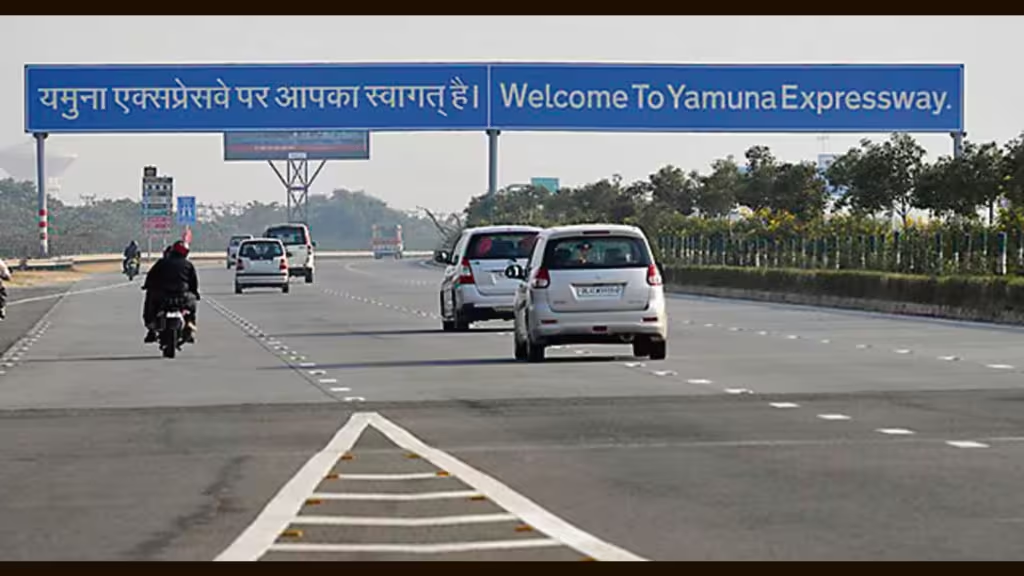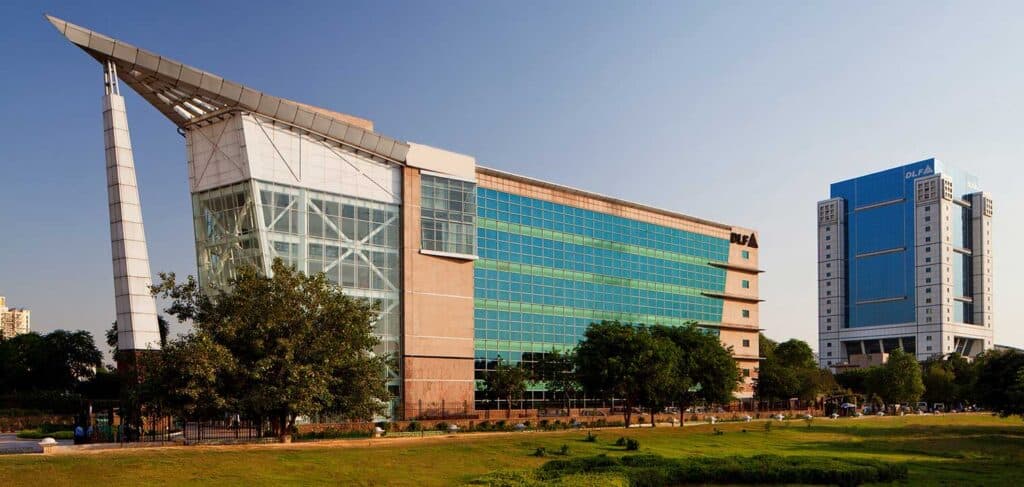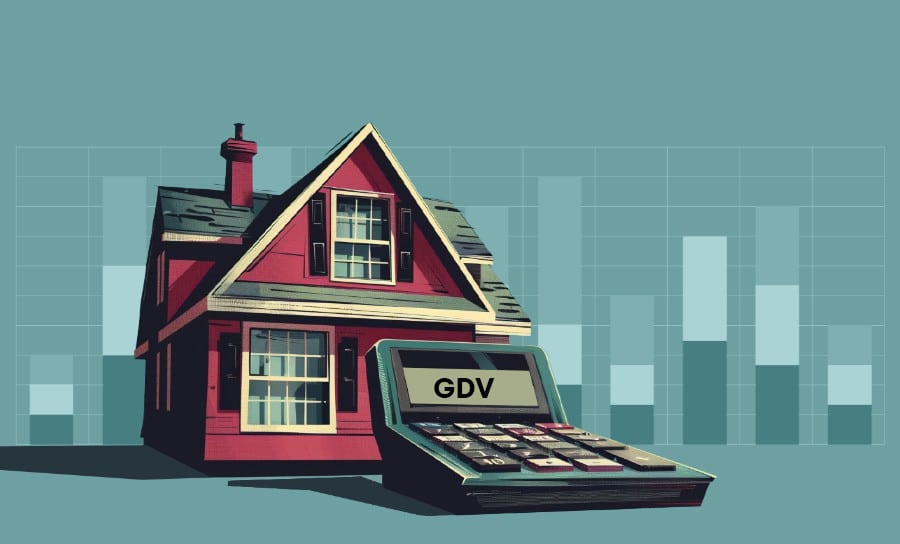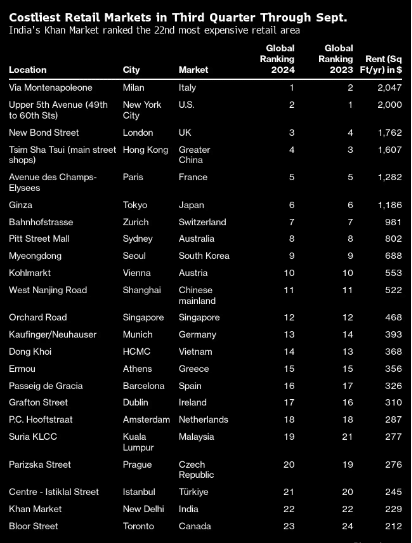The real estate sector in India, traditionally known for its slow-paced processes and manual operations, is undergoing a seismic transformation with the advent of technology. Digital innovation is redefining how properties are bought, sold, and managed, making the sector more transparent, efficient, and customer-centric.

Digital Platforms and Portals
Real estate portals have become the backbone of property transactions. Platforms like 99acres, MagicBricks, and Peprop.Money provide customers with a comprehensive database of properties, virtual tours, and direct communication with developers. These platforms eliminate the need for intermediaries, offering a seamless and transparent experience for buyers and sellers.
Virtual Reality (VR) and Augmented Reality (AR)
Technology such as VR and AR has brought a revolutionary shift in property visualization. Prospective buyers can now explore properties remotely through 3D virtual tours, eliminating geographical barriers and reducing the time spent on physical site visits. This is particularly beneficial for Non-Resident Indians (NRIs) looking to invest in India.
Big Data and Artificial Intelligence (AI)
Big data analytics is empowering real estate companies to understand customer preferences, predict market trends, and make data-driven decisions. AI-driven chatbots enhance customer support by providing instant responses to inquiries, while AI algorithms help in property recommendations tailored to individual needs.
Blockchain for Transparency
Blockchain technology is addressing one of the most significant challenges in Indian real estate—fraud and lack of transparency. By enabling secure and tamper-proof digital records of property ownership and transactions, blockchain ensures trust and reduces disputes.
Smart Homes and IOT
The demand for smart homes integrated with Internet of Things (IOT) devices is on the rise. From automated lighting and temperature controls to enhanced security features, IoT is reshaping the living experience in Indian households.
Technology is not just revolutionizing real estate but also democratizing it. With digital innovation, buyers and developers are better equipped to navigate the complexities of the sector. As India embraces these advancements, the real estate market is poised to become more robust, transparent, and globally competitive.















